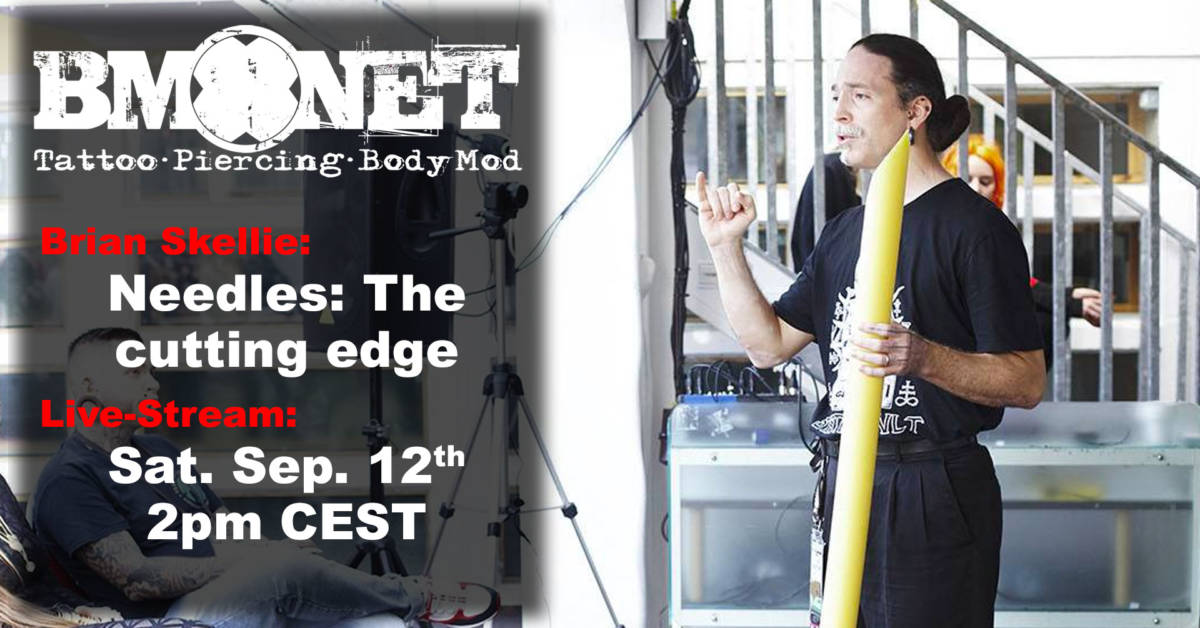How to make needles work for optimal accuracy using bevel geometry and shaping techniques
In this class, you will find piercers that have pushed a haystack worth of needles, who will demonstrate how to use the needle’s cutting edge to improve safety, control, and accuracy.
In this class we will discuss how the cutting surfaces can be manipulated simply to determine the way jewelry will rest in piercings.
Straight piercing can result in a variety of angles depending on the plastic nature of the tissue and the approach to penetration and exit.
I’m pleased to have given this class on needle control, together with my esteemed colleague Luis Garcia, at the 2014 APP conference. We have both gotten positive feedback from our previous courses in response to our methods of working with controlling the needle bevel and wound shaping to get optimally angled results for different kinds of piercings.
We proposed this subject because we want to make these techniques simple and easy to understand, and believe they will be helpful for everyone. In particular, piercers with experience who are still finding they could be more precise with certain placements like the septum or TFH and newer piercers could benefit from the practical examples of how we use the cutting form of the needle for accuracy.
We’ll also discuss theory behind needle designs and what we recognize as important to getting from point A to point B with precision while minimizing trauma.
I think you’ll find this class engaging and useful in your daily practice.
This class was live Sat. 12th September 2020 at 2pm - 3:30pm, the recording can be booked here:
Guests: 25€
Members: 9€
starts in:
... other timezones:
+8 hours for Australia East (Sydney)
+6 hours for China, Australia West
+1 hour for EU-East (Moskow, Instanbul)
-1 hour for UK / Ireland (London, Dublin)
-6 hours for Eastern Time (US east coast)
-9 hours for Pacific Time (US west coast)

